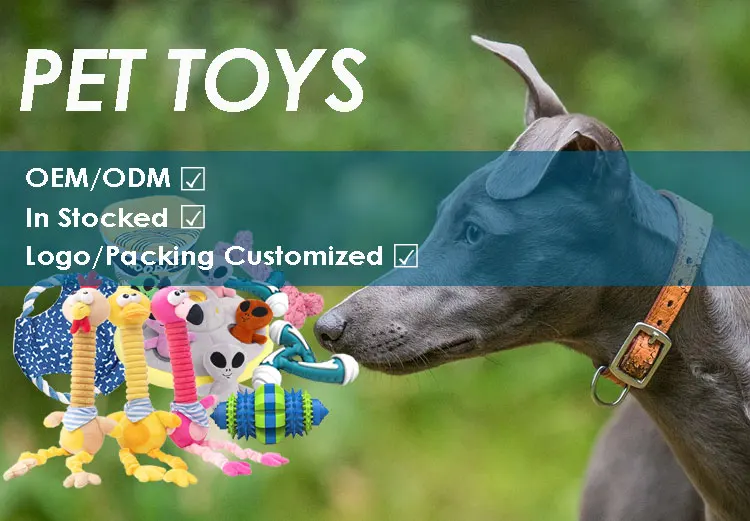Can Platypuses Be Pets? Exploring the Fascinating World of Platypus Ownership
#### IntroductionThe question "Can platypuses be pets?" has intrigued animal lovers and curious minds alike. As one of the most unique mammals on the planet……
#### Introduction
The question "Can platypuses be pets?" has intrigued animal lovers and curious minds alike. As one of the most unique mammals on the planet, the platypus captures the imagination with its blend of features from various animals. But before considering adding a platypus to your household, it's essential to delve into the complexities of platypus ownership.
#### Understanding the Platypus
The platypus, native to Australia, is a semi-aquatic mammal known for its duck-bill, webbed feet, and ability to lay eggs. These characteristics make it distinct from other mammals and contribute to its allure as a potential pet. However, understanding their natural habitat and behaviors is crucial for anyone considering them as companions.
#### Legal Considerations

One of the first considerations when asking, "Can platypuses be pets?" is the legal aspect. In many regions, it is illegal to own a platypus as a pet due to their status as a protected species. Regulations vary by country and state, so it's vital to check local laws before pursuing ownership. In Australia, for instance, platypuses are not available for private ownership, reflecting the importance of their conservation in the wild.
#### Habitat Requirements
If hypothetically allowed, keeping a platypus would require a specific habitat that mimics their natural environment. Platypuses thrive in freshwater habitats, such as rivers and streams, where they can dive for food and create burrows. An ideal home for a platypus would need to include a large, clean water source, ample space for swimming, and areas for nesting. This level of care is challenging to provide in a typical household setting.
#### Diet and Care

Platypuses are carnivorous, primarily feeding on insects, larvae, and small crustaceans. They hunt by foraging in the water, using their sensitive bill to detect prey. If one were to keep a platypus, replicating this diet would be essential, requiring a consistent supply of fresh food. Additionally, platypuses have unique grooming habits and require regular care to maintain their health, which can be demanding for a pet owner.
#### Behavior and Social Needs
In the wild, platypuses are solitary creatures and do not form packs or social groups. This behavior can make them less interactive than traditional pets like dogs or cats. They are known to be shy and can become stressed in captivity, leading to health issues. Understanding their behavioral needs is crucial for anyone contemplating platypus ownership.
#### Conclusion

Ultimately, while the question "Can platypuses be pets?" may spark curiosity, the answer leans heavily toward no. The complexities of their care, legal restrictions, and their specific habitat and dietary needs make them unsuitable as pets. Instead, those fascinated by these remarkable creatures are encouraged to support conservation efforts and appreciate platypuses in their natural environments. By doing so, we can ensure the survival of this unique species for future generations to admire.